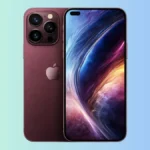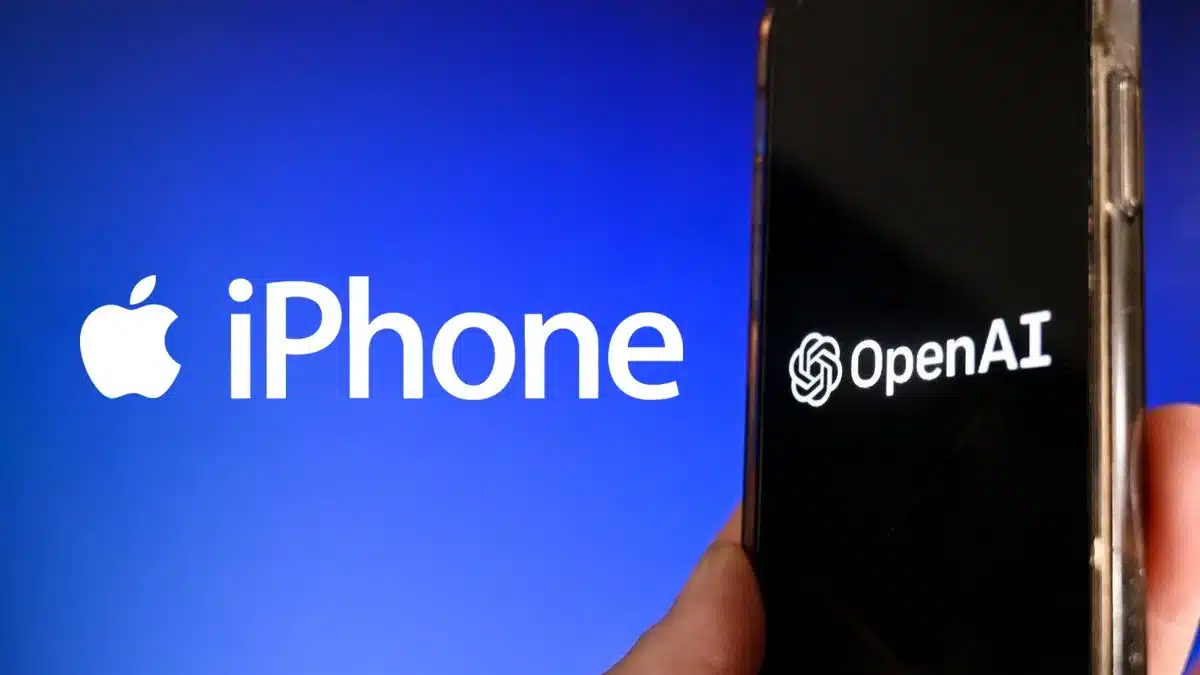Microsoft Steps Back as OpenAI Takes Full Control of Its Hardware Plans: In a major shake-up that’s making waves across the tech world, Microsoft has officially stepped back from OpenAI’s upcoming consumer hardware projects. The move marks a big change in their long-term partnership and is already sparking conversations in Silicon Valley.
OpenAI Gains Hardware Independence
OpenAI and Microsoft have redefined their partnership, with one of the most noticeable changes being Microsoft’s loss of influence over OpenAI’s hardware ambitions.
According to Wccftech, “Microsoft will no longer be able to exercise any influence over OpenAI’s upcoming consumer devices, including the one it is designing with former Apple designer Jony Ive.”
The device in question, often dubbed an “Apple iPhone killer” – is OpenAI’s attempt to blend advanced AI with elegant, human-focused design. It’s now entirely under OpenAI’s control.
Microsoft clarified that its intellectual property rights no longer cover OpenAI’s consumer hardware. At the same time, the company confirmed that OpenAI has committed to buying an additional $250 billion worth of Azure cloud services. Microsoft’s exclusive right of first refusal as OpenAI’s compute provider has also been removed.
According to Microsoft’s corporate blog, the update aims to “clarify and streamline” its relationship with OpenAI while removing potential conflicts around hardware ambitions.
Reuters added that this change removes a long-standing restriction that had limited OpenAI’s ability to raise new capital since Microsoft’s first investment in 2019.
What This Means for Tech and Consumers
These changes go beyond corporate strategy, they could shape how people interact with technology in the future. OpenAI’s rumored new device is said to be a screenless, AI-powered assistant that processes commands naturally and contextually. Instead of relying on a traditional smartphone setup, it could offer an always-on, conversational experience.
If successful, it could challenge Apple’s dominance and signal a new era where AI isn’t just a feature but the foundation of personal technology.
For Microsoft, the shift represents a calculated decision. While it’s stepping away from hardware influence, its Azure cloud remains central to OpenAI’s operations. As Reuters put it, the new deal creates “a clear framework for years to come,” easing investor concerns about overlapping interests.

Looking Ahead: The Future of AI Devices
Attention is now turning to what OpenAI and Jony Ive’s team will create next. Reports suggest their upcoming device could move far beyond current smartphone designs, using voice, gestures, and environmental sensors instead of screens and touch inputs.
If that vision comes to life, it could completely redefine how humans interact with AI, and push other tech giants to accelerate their own innovations.
This evolution highlights the changing balance of power in the tech world. OpenAI is gaining independence to shape its future, while Microsoft is choosing to act as a key partner rather than a controlling force. It’s a strategic shift that reflects how collaboration and innovation are evolving in the age of AI.
ALSO READ: Amazon To Cut 14,000 Jobs As AI Takes Over More Roles












